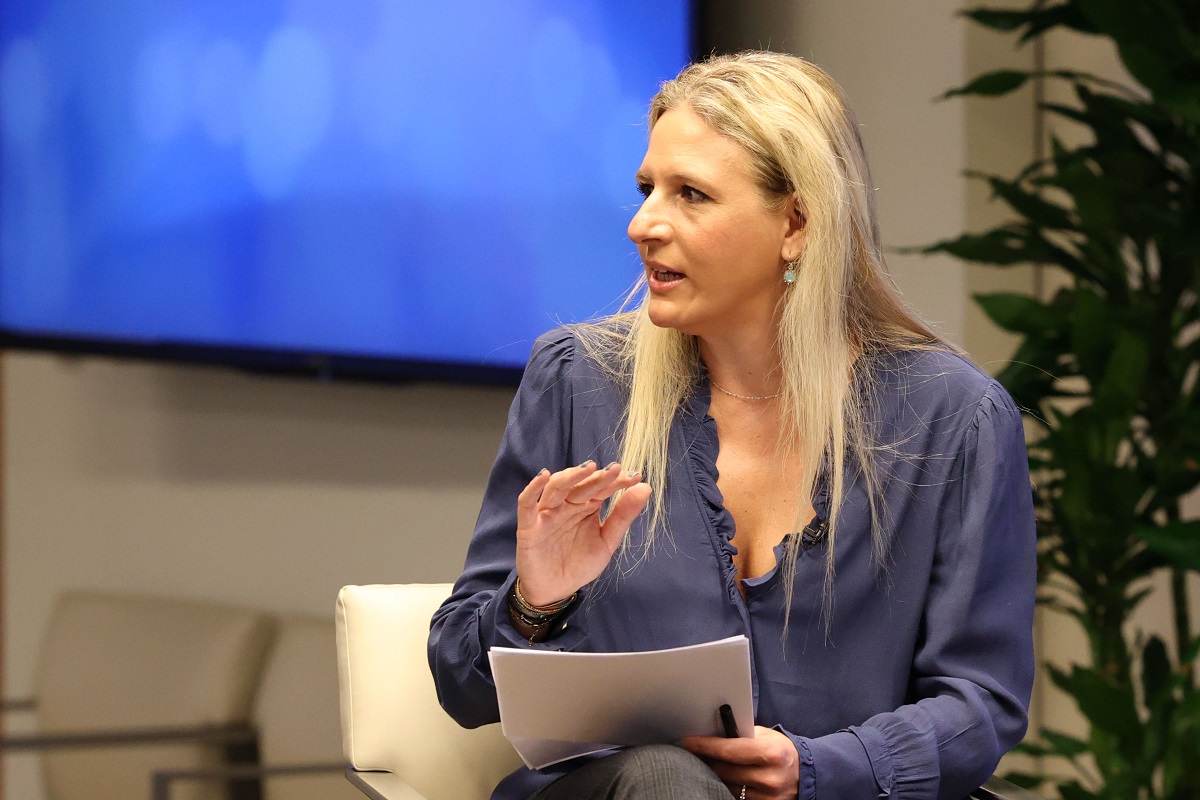This blog, originally posted in June 2021, has been updated and reposted as part of a series by CGD ahead of the EU-Africa Summit which will begin on 17th February 2022. This series presents proposals for priorities, and commentary on whether a meaningful reconstruction of the relationship between the two continents is likely.
Last week, German Vice Chancellor Robert Habeck, a leader of the country’s Green party, called for “stepped-up immigration… in all areas, for engineers, crafts people, carers…” As part of the negotiations that went into forming Germany’s new government, the parties agreed to lower hurdles to skilled migrants. Habeck suggested this was important to both continued economic growth and the country’s green transition.
Habeck’s call is a sign of a growing recognition in Europe that the region needs to attract more young people to ensure dynamism and sustainability in the face of an aging domestic population. As George Yang and I discussed in a recent paper, Africa is the obvious place to look: it is the only global region where the working age population will grow as a percentage of the total between now and 2050. And there are many millions of young workers with the talent to contribute in Europe, with benefits flowing back to their countries of birth in the form of remittances, trade, technology and investment links. But ramping up the mutually beneficial movement of people takes policy support, to ensure potential migrants have the skills required in destination countries and to support their transition and integration. That should make it a high priority topic for the EU-Africa Summit.
Current trends suggest that the likely scale of migration under “business as usual” is grossly insufficient to meet Europe’s needs or to maximize Africa’s benefit.
We predict that the stock of working-age migrants in the European Union and the UK will rise by 16.5 million between 2015 and 2050. That compares to United Nations estimates that the EU and UK would need an additional 61 million working-age people in 2050 in order to keep dependency ratios (the ratio of workers to non-workers in the population) at their 2015 level, before taking into account the impact of migration. It should be noted that children born to migrants and retiring migrants themselves add to the dependency ratio, so that it will actually take considerably more than 61 million working-age migrants to sustain the 2015 dependency ratio in 2050 Europe, but the number gives a sense of the scale of the migrant gap. And only about one in four new migrants to Europe over that time span will come from Africa, assuming immigration policies remain broadly similar. The UK will need about eight million people to fill the worker gap, while we predict that it will get less than four million new working-age migrants and, as with the EU, only about one in four will come from Africa.
The numbers for the US reflect a country that, for all the aberration of the last four years, has been more open to migration than the old continent. The UN predicts migrants will add 27 million to the working-age population between 2015 and 2050—closer, but still short of the additional 42 million working-age people needed to keep the dependency ratio at a 2015 level. And between one in two or three may come from Africa.
Nonetheless, under business as usual, we predict only 29 million additional working-age migrants will come from Africa to high-income countries as a whole between 2015 and 2050, which is about four percent of the growth in Africa’s workforce over that period. It would be great news for Europe and Africa both if more of the other 96 percent had chances to migrate, temporarily or permanently, north of the Mediterranean. And it is time for policymakers in Brussels and London to wake up to the real migrant crisis: a potential shortage of people willing to come and fill the jobs Europe needs done.
CGD blog posts reflect the views of the authors, drawing on prior research and experience in their areas of expertise.
CGD is a nonpartisan, independent organization and does not take institutional positions.







